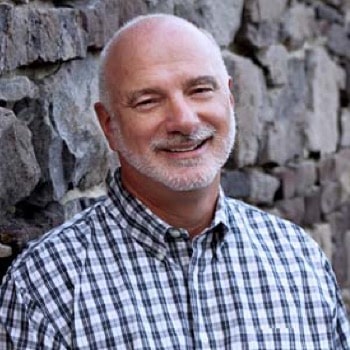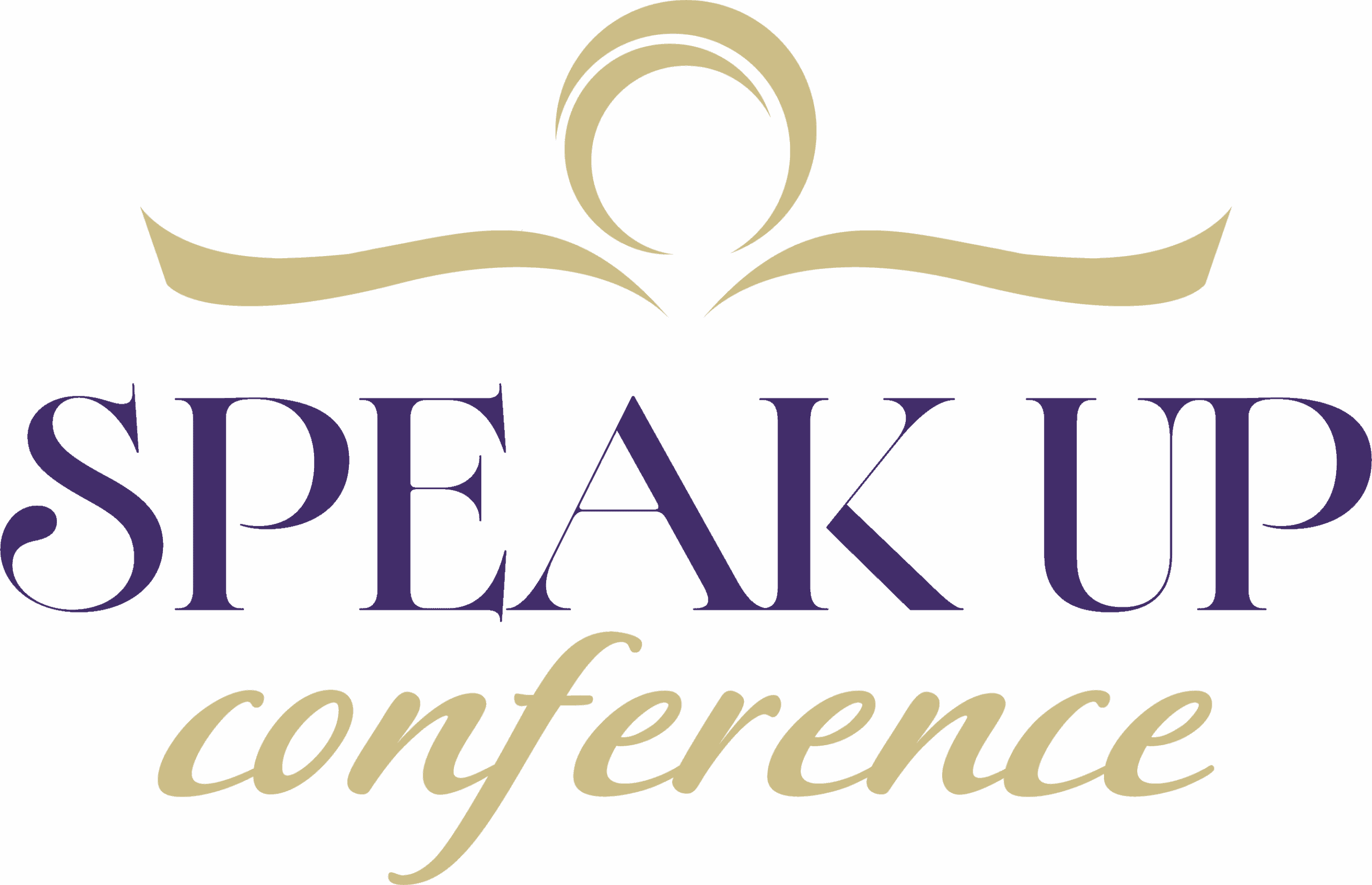
Over the past few years, I have helped speakers, pastors and everyday people structure and write their books.
The first questions I ask a would-be author are:
- What are your publishing goals?
- Do you currently have a speaking platform? If not, are you willing to speak?
- Is this a commercial book or a legacy book?
In other words, is your goal to sell the book to recoup your publishing costs and then build a ministry or a business, or is this book primarily for your family and friends? The method of structuring your book, for the most part, is the same.
Think and pray about the message God has nudged you to write about.
- What is the message God has given you?
You are writing this book for absolutely 2 people, and maybe, just maybe, 3 or more. The first person you are writing this book for is YOU. God has given you an idea, and out of obedience, you are to write it.
Are you prepared for a cathartic experience? You will likely face both internal and external opposition to your effort. You will doubt your call, message, and your ability. Don’t expect to write about a work of grace that has not been proven in the crucible of your own life. God is going to change you as you write your book, this is why I say YOU are the first person you are writing this book for.
The second person is the first reader who comes to you and says, “Your book changed my life.” This is the testament of your obedience in writing the book. God changed you in the process of writing the book and then confirmed the message in a life changed by your message.
Then I tell the author, “Everything else is gravy.”
Whether you hear nothing else about your book or sell tens of thousands of books, the original intent of the book was met with the audience of the first two changed lives. Having this mindset frees the author to write without worrying about a preconceived outcome.
God surprised me.
I helped an author with a legacy book a few years ago that was a challenge to me as a coach. My job was to read the manuscript and evaluate it. She felt led to write this book.
After reading the first three chapters, I decided I was done and was going to give the client her money back. I struggled for a couple of weeks and then felt the Lord say to me, “She hired you because she wants help; buck up, do your job, and help her as you promised.” Well didn’t I feel foolish!
I read the whole book, took extensive notes as I read, and when I got to the end, I was in tears. In spite of many flaws in the first draft, there was a powerful message. We restructured the book, brought about order, and made the content engaging.
She wrote the book for herself and surprise—the second person she wrote it for was me, her coach. Despite her life struggles, she held no bitterness or remorse. This profoundly touched me, along with the lesson of needing to follow through when I commit to a project. She has given away about 75 books to family and friends, many thanking her for writing the book.
Begin writing with the end in mind.
Whatever the message you’ve been given, think about this question. What do you want to happen to your reader when they get to the end of your book? State what that is and work backwards. Your book should crescendo, bringing the reader along. Know who your audience is and write to them. Each chapter should build upon the previous chapter, leading the reader to the life change or lesson.
The best nonfiction books still tell a story. Stories engage both sides of our brain which is how we bridge the eighteen-inch gap between our heart and our head, making the message stick.
The Rule of Threes
Several years ago, I sat in an audience where literary agents were sitting on a panel. One agent made an impact on me with her “Rule of Threes.”
I took notice for two reasons—her clients were multiple million book sellers, and we went to college together.
The Rule of Threes was her method of evaluating a book.
- The first three sentences.
- The first three paragraphs.
- The first three pages.
- The first three chapters.
Anywhere along the way, if the agent lost interest, she would pass on the book. As an author you must “own” the reader from the beginning of the book. You must hold their interest and make them want to read more. Understand that if they travel with you to the end of the book, you can write what matters most to you, because the reader has already bought into your message and vision.
Closing Thoughts
Writing a book is a calling, requiring discipline and obedience. Embracing this calling means facing doubts, refining your message, and allowing God to shape you in the process. Write with purpose, knowing that even if only one life is changed—yours included—the mission is fulfilled. Let your words become a legacy of faith and transformation.
Question: If you feel called to write a book, an article, or a blog, what message has God placed on your heart, and what do you hope a reader will take away from it?


About Shawn Kuhn
Shawn is passionate about helping creatives hone their message, identify their unique brand, and reach their specific audience. In his role at EA Books, Shawn matches authors and speakers with the complete publishing packages that best meet their ministry needs, always keeping in mind the return on investment. Shawn and his wife, Suzanne, work to provide coaching, branding, and publishing services to writers.

Great information- thank you! I wrote a memoir 12 years ago and have always wanted to write part two. You have given me a lot to think about as my brain creates the draft in my head.
Hi Shawn, I thoroughly enjoyed this excerpt and was so inspired by it. I am curious about your services.
This helped me when you stated “write from the end.” Backwards or something of that sort. I have a difficult book to write. God has called me to it and I want to write it, yet I don’t want to go through the emotional pain it will take to get there. I believe it would help others. At least I hope so. But committing to the time and energy and emotions and wondering if I could possibly show the depth of love involved keeps holding me back. I need more faith in me and perhaps in God also.
Not sure why I revealed all that. Unlike me.
Shawn!
What a great read, packed with such good advice. This line especially stuck with me: “Don’t expect to write about a work of grace that has not been proven in the crucible of your own life.”
I recently heard someone say, “Don’t trauma-dump all over your audience.” I think sometimes that’s what we do with our writing when we haven’t yet reached the work of grace that you reference. We’re trying to get to the other side, to the freedom in Christ that we know is there but that we haven’t yet found. We believe writing it all down and publishing it in a book will help us get there.
While I absolutely believe that writing can be an integral part of our healing journey, it’s so important to journal while the wounds are raw, release it into God’s hands, allow him to cleanse us and heal our hurts, and THEN tell the world about it. That’s when you truly know the rest of the story and can begin with the end in mind, as you have advised here.
Thanks again for sharing your heart.